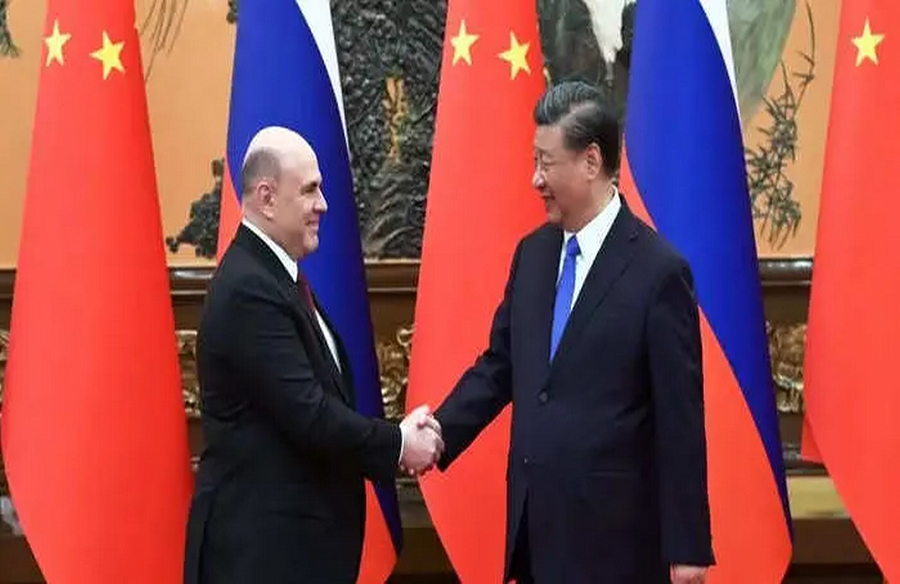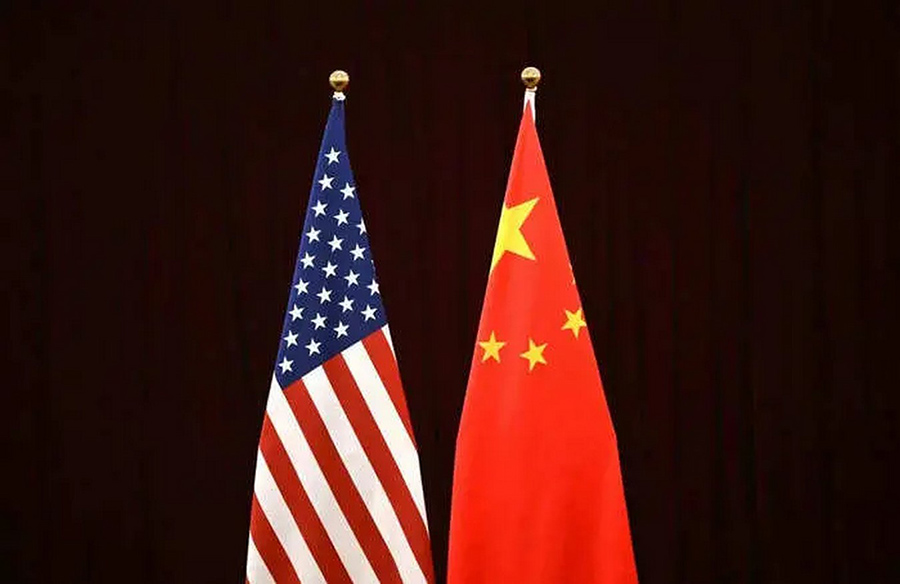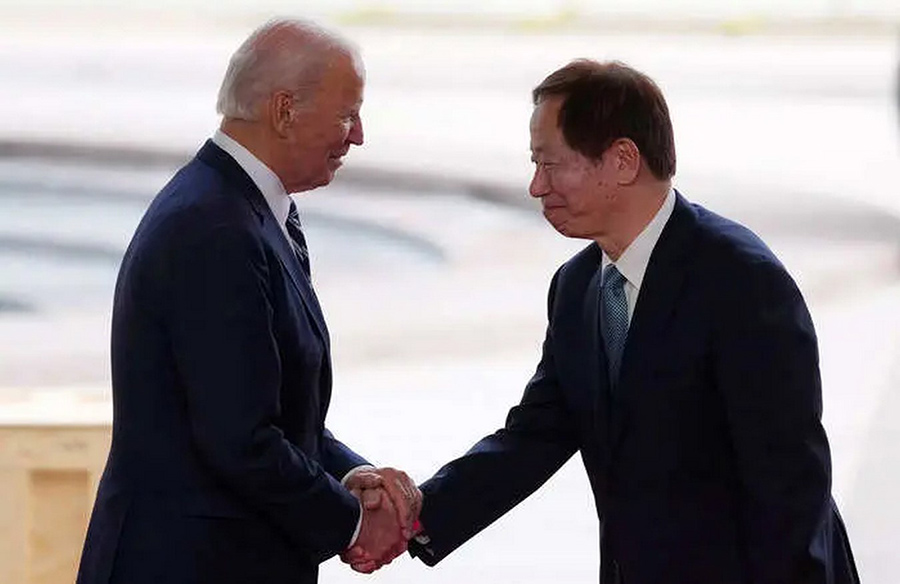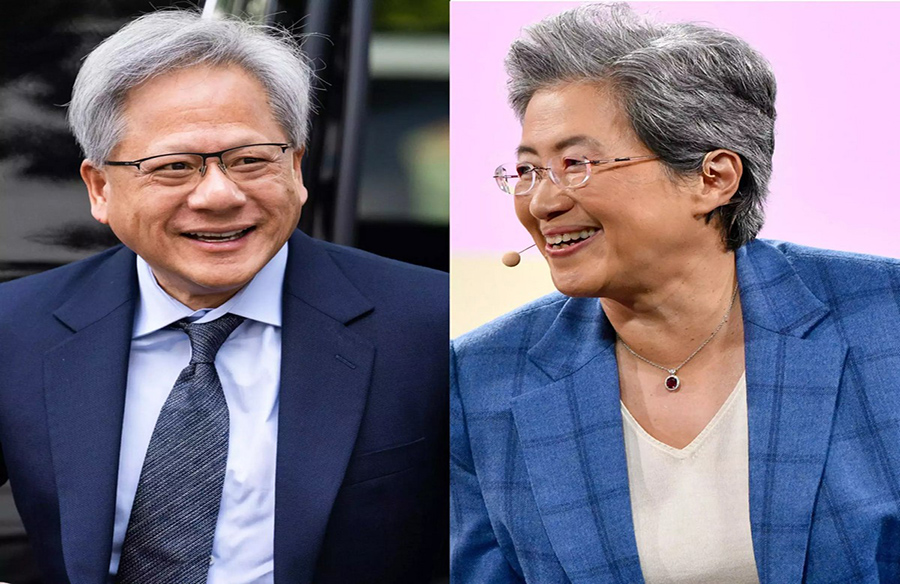Microsoft’s Warning on China’s AI Influence Tactics

In a recent report, Microsoft has raised concerns about China’s use of AI-generated media to influence elections, particularly in East Asian countries and the United States. The report, published by Microsoft Threat Intelligence, highlights the creation of AI-generated memes, videos, and audio by Chinese propaganda actors to incite outrage and sway election outcomes.
AI-Generated Media and Election Influence
The report specifically points to instances where Chinese-government-linked entities have utilized AI-generated media to provoke chaos and manipulate public opinion. Examples include AI-generated pictures attributing natural disasters to US-made “weather weapons” and media pieces aimed at fostering distrust in the government after specific events.
Targeting US Election Dynamics
Chinese social-media accounts associated with these efforts often prompt followers to comment on their preferred presidential candidates. Microsoft views these activities as potential intelligence-gathering maneuvers targeting crucial voting demographics within the US.
Evaluation of the Threat
While Microsoft acknowledges that the current threat level is relatively low, it warns that China’s AI-driven influence campaigns could become more effective over time. This aligns with previous assessments from the US Office of the Director of National Intelligence, which highlighted China’s strategic aims to sow doubts about US leadership and undermine democratic processes.
The Role of AI in Influence Campaigns
Microsoft’s report underscores the role of AI-generated content, particularly through platforms like “Spamouflage” (also referred to as “Storm-1376”), which disseminate divisive content often linked to the Chinese Communist Party. This tactic draws parallels to Russia’s influence tactics in the 2016 US presidential election, emphasizing the evolving nature of digital influence campaigns.
Historical Context and CIA Involvement
The report mentions past actions, such as Russia’s election interference in 2016, to provide context for China’s current strategies. Additionally, Reuters reported on Trump’s authorization of a CIA program aimed at discrediting the Chinese government on social media during his presidency.
Conclusion
Microsoft’s warning highlights the evolving landscape of digital influence operations, where AI plays a significant role in shaping narratives and influencing public sentiment. The report serves as a call to action for increased vigilance and awareness of potential foreign influence in electoral processes.


 English
English 






























































































































































































































































































































































